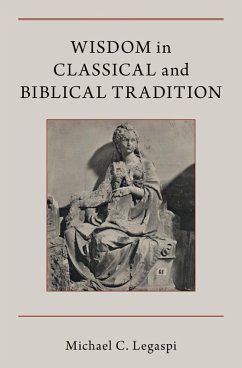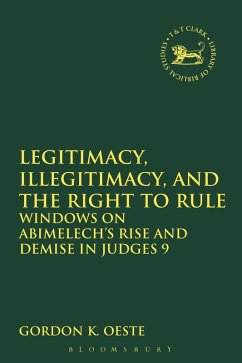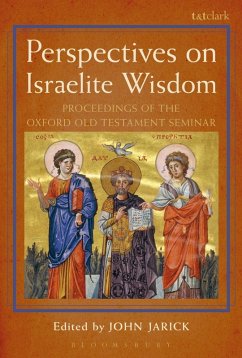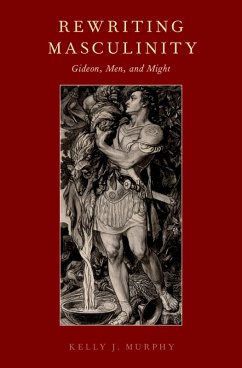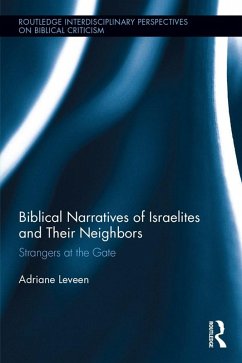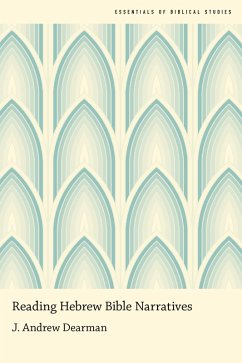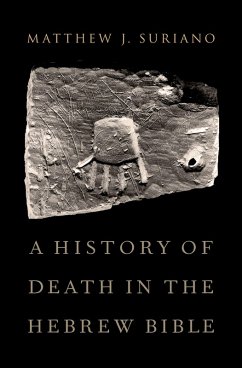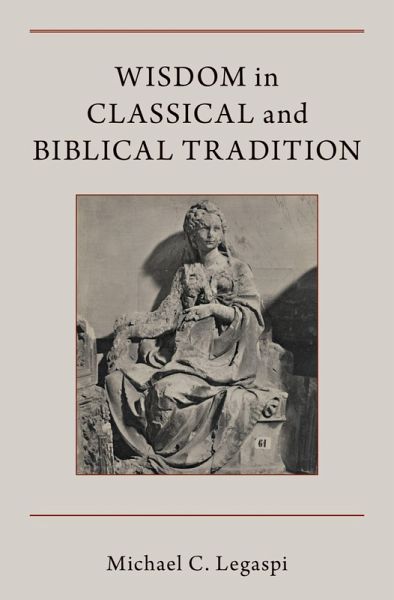
Wisdom in Classical and Biblical Tradition (eBook, PDF)
Versandkostenfrei!
Sofort per Download lieferbar
36,95 €
inkl. MwSt.
Weitere Ausgaben:

PAYBACK Punkte
18 °P sammeln!
Wisdom in Classical and Biblical Tradition begins with the recognition that modern culture emerged from a synthesis of the legacies of ancient Greek civilization and the theological perspectives of the Jewish and Christian scriptures. Part of what made this synthesis possible was a shared outlook: a common aspiration toward wholeness of understanding that refused to separate knowledge from goodness, virtue from happiness, cosmos from polis, and divine authority from human responsibility. This wholeness of understanding, or wisdom, featured prominently in both classical and biblical literatures...
Wisdom in Classical and Biblical Tradition begins with the recognition that modern culture emerged from a synthesis of the legacies of ancient Greek civilization and the theological perspectives of the Jewish and Christian scriptures. Part of what made this synthesis possible was a shared outlook: a common aspiration toward wholeness of understanding that refused to separate knowledge from goodness, virtue from happiness, cosmos from polis, and divine authority from human responsibility. This wholeness of understanding, or wisdom, featured prominently in both classical and biblical literatures as an ultimate good. Michael Legaspi has two central aims. The first is to explain in formal terms what wisdom is. Though wisdom involves matters of practical judgment affecting the life of the individual and the community, it has also been identified with an understanding of the world and of the ultimate realities that give meaning to human thought and action. In its traditional form, wisdom was understood to govern intellectual, social, and ethical endeavors. His second aim is to analyze figures and texts that have yielded and shaped the traditional understanding of wisdom. The book examines accounts of wisdom within foundational texts that range from the period of Homer to the destruction of the Second Temple. In doing so, it explains why the search for wisdom remains an important but problematic endeavor today.
Dieser Download kann aus rechtlichen Gründen nur mit Rechnungsadresse in A, B, BG, CY, CZ, D, DK, EW, E, FIN, F, GR, HR, H, IRL, I, LT, L, LR, M, NL, PL, P, R, S, SLO, SK ausgeliefert werden.




